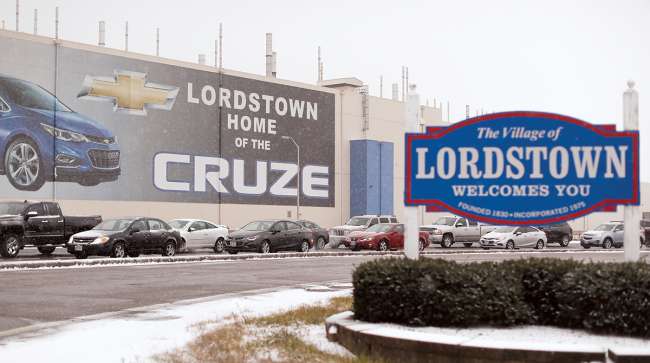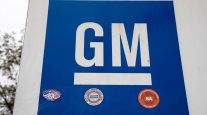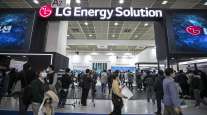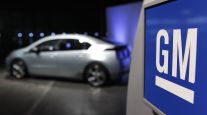GM Loans Ohio Plant Buyer $40 Million to Launch Electric Truck

[Stay on top of transportation news: Get TTNews in your inbox.]
General Motors Co. loaned the buyer of its half-century-old assembly plant in Ohio $40 million to help the cash-strapped startup roll out an electric pickup truck.
The transaction to support Lordstown Motors Corp. and its debut model, Endurance, essentially is a mortgage, GM spokesman Jim Cain said by email. He declined to give the terms of the loan.
The financing GM provided covers Lordstown Motors’s purchase of the former GM complex in Lordstown, Ohio, and some initial startup costs, the Business Journal reported Dec. 9, citing legal documents filed late last week. The publication, based in nearby Youngstown, said the factory and adjoining land sold for $20 million earlier this month, citing records from the Trumbull County auditor.

GM has the option to repurchase the plant in the next six months, as well as the option to lease 500,000 square feet of property and an additional 400,000 square feet of land, the Business Journal reported, citing a memorandum filed with the recorder’s office.
End of Era
GM announced Lordstown Motors had acquired the complex last month, seemingly ending an era that began when GM opened it in 1966. The United Auto Workers union was unable to persuade GM to keep the factory in the fold when negotiating a new labor contact ratified in late October.
Earlier this month, GM and its battery partner, South Korea’s LG Chem Ltd., said they will jointly invest $2.3 billion in a new electric-vehicle battery factory in Lordstown. The companies plan to hire 1,100 workers, about the same number that were laid off when GM idled the Lordstown plant that used to assemble Chevrolet Cruze compact cars.
The Lordstown assembly factory has been a political lightning rod since GM announced more than a year ago that it wouldn’t allocate future product to it.
Want more news? Listen to today's daily briefing:




